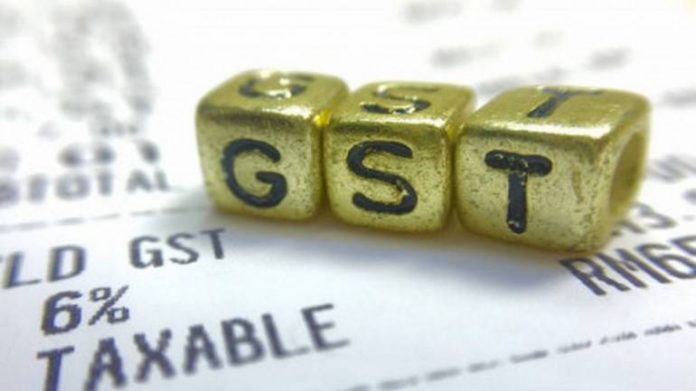The Central Board of Indirect Taxes and Customs (CBIC) has formed an SOP for dealing with defaults on GST payments.
Non-filing of Goods and Services Tax (GST) returns could result in attachment of bank accounts or cancellation of registration, the BusinessLine reported.
The finance ministry has made it a part of the Standard Operating Procedure (SOP) in case of non-filing of GST returns, the report said.
Assessees are required to file GST returns either monthly (normal supplier) or quarterly (supplier opting for composition scheme).
Moneycontrol could not independently verify the story.
About 20 percent of GST assessees do not file their returns, which hurts the revenue collection, the report said.
The Central Board of Indirect Taxes and Custom (CBIC) has formed an SOP for dealing with defaults on GST payments.
A system-generated notice is sent to defaulters if the payment is not made on the due date. If the dues have not been cleared after five days, a notice, issued under Form 3-A, is sent mandating that the payment be made within 15 days.
If the payment is still not made after 15 days, an officer will evaluate the tax liability of the concerned individual. The officer can then demand recovery of the returns after issuance of Form GST ASMT-13. The form will be withdrawn if the defaulter clears the pending dues.
If the returns are not filed as per the time given under Section 29 of the CGST Act, then the officer can initiate cancellation of the registration.
Under Section 83 of the CGST Act, the Commissioner can enforce provisional attachment to protect revenue.
The Act clarifies that registration cannot be cancelled without giving the assessee the opportunity to be heard.


